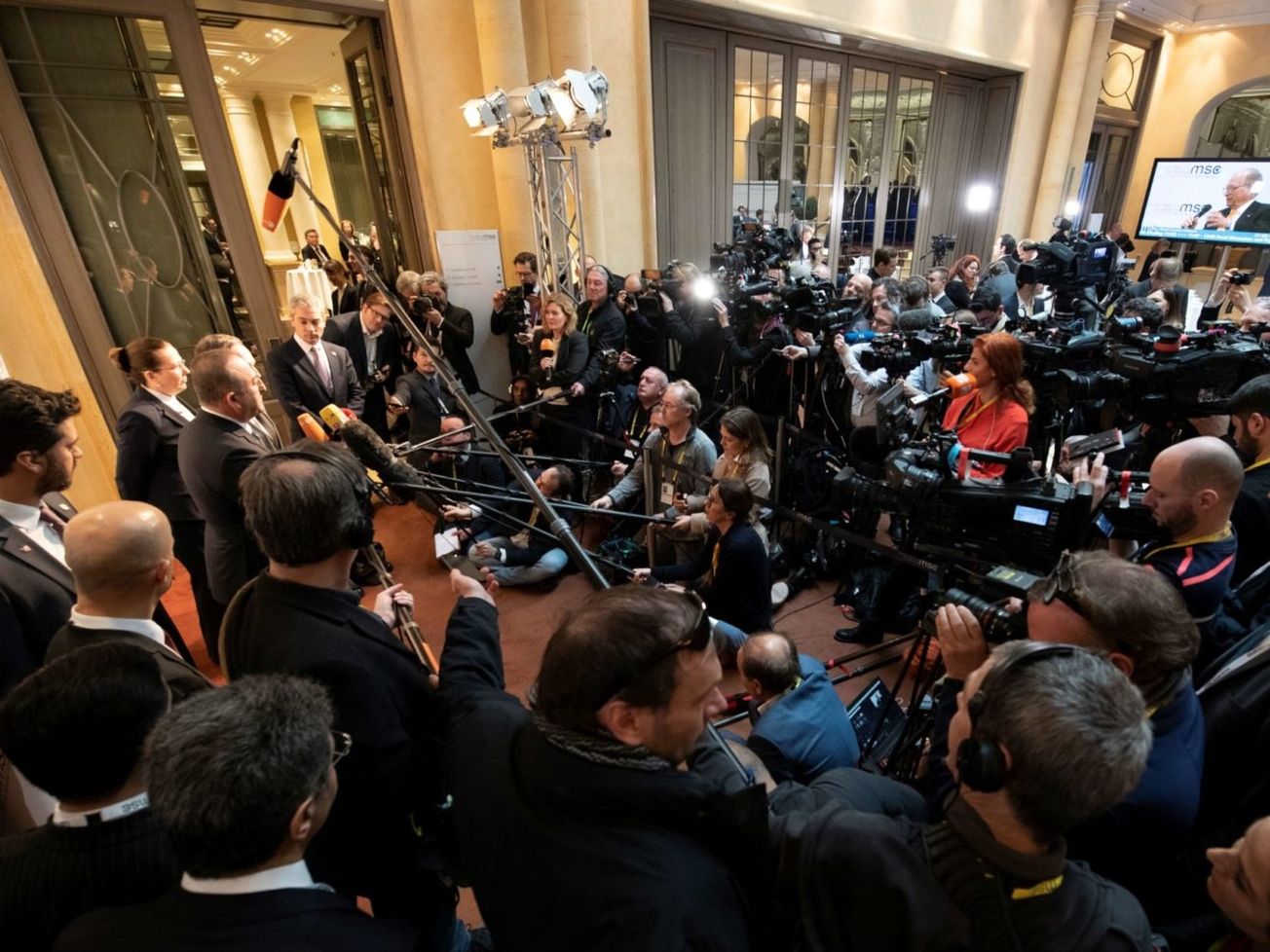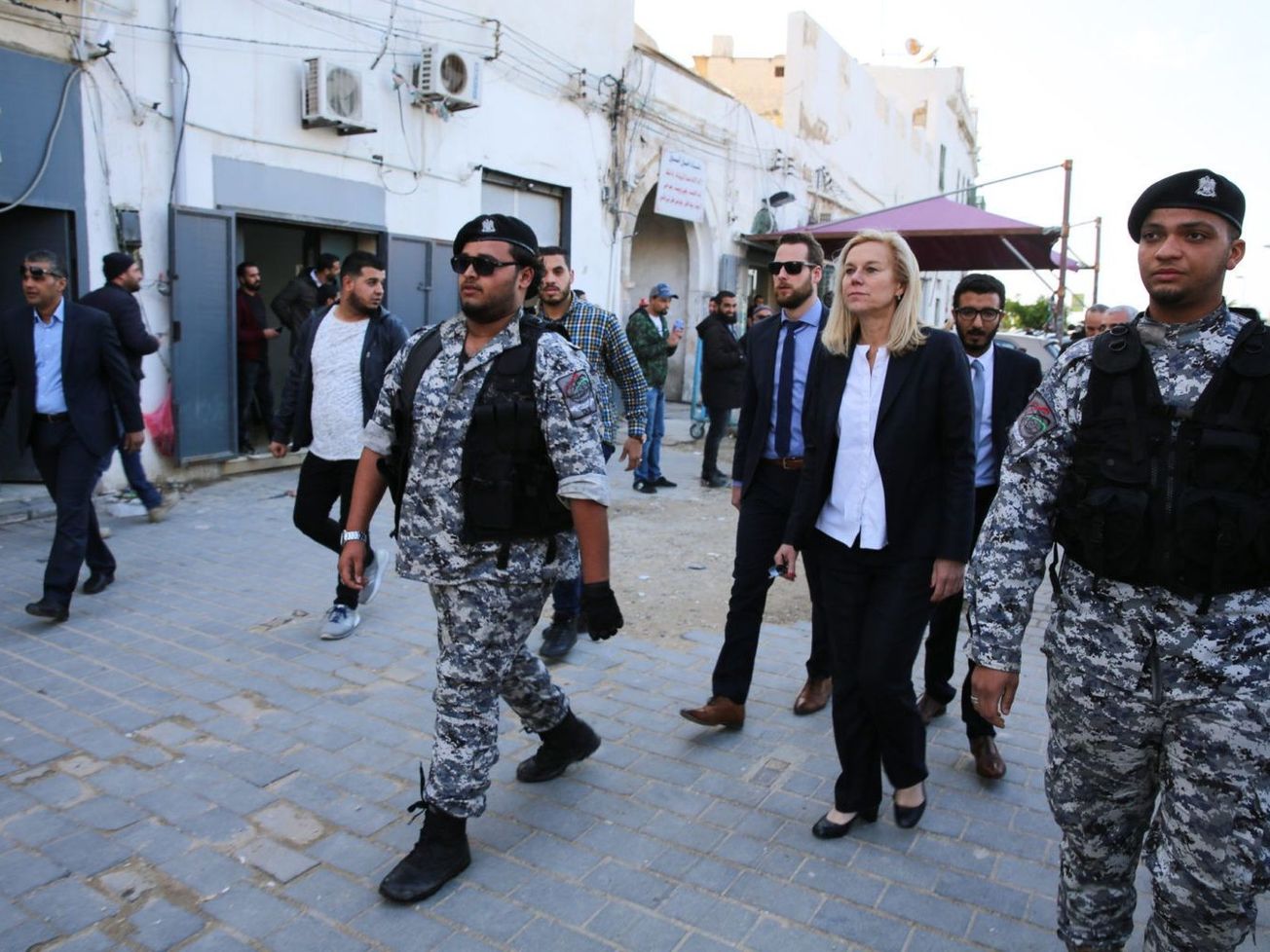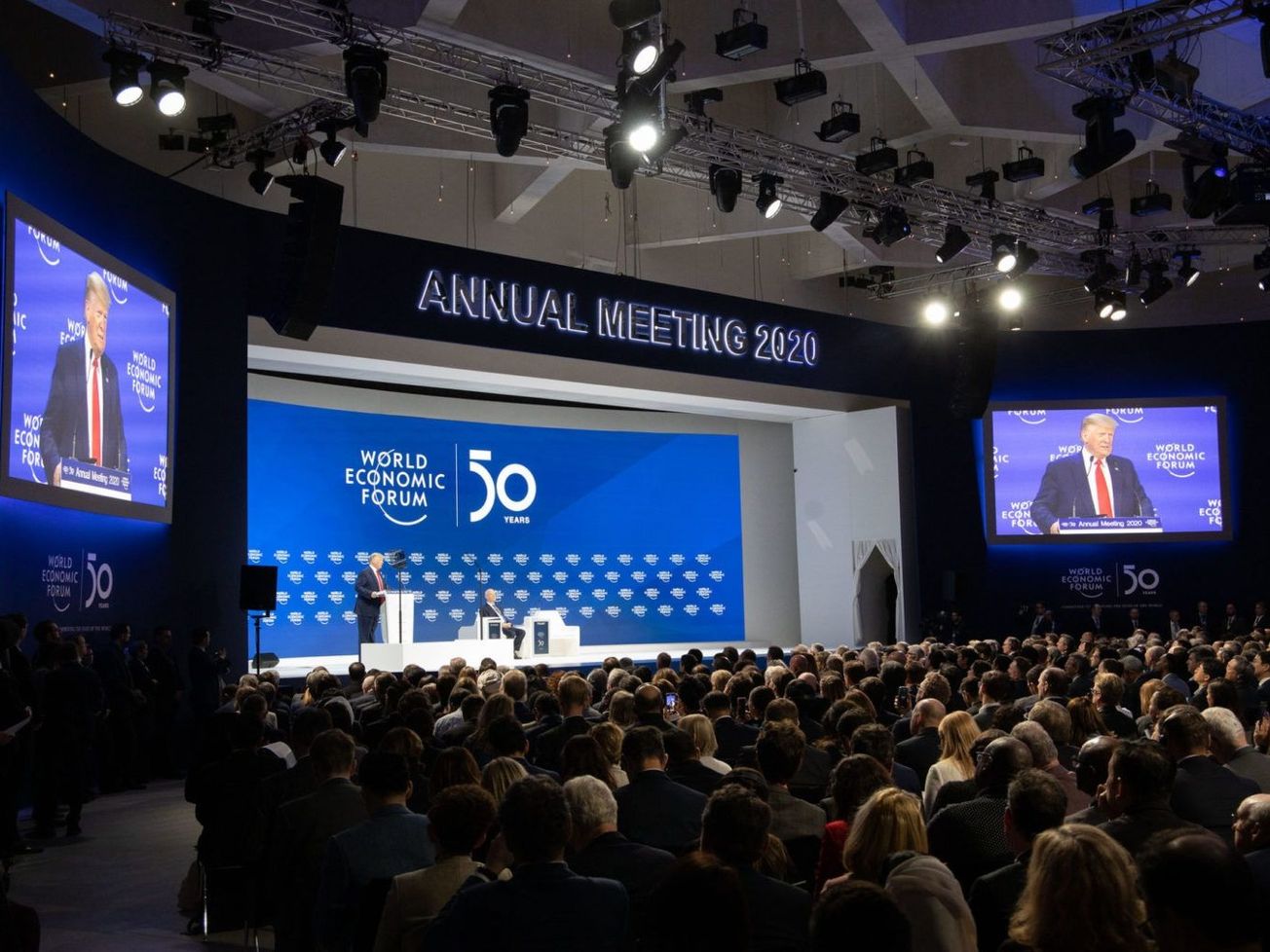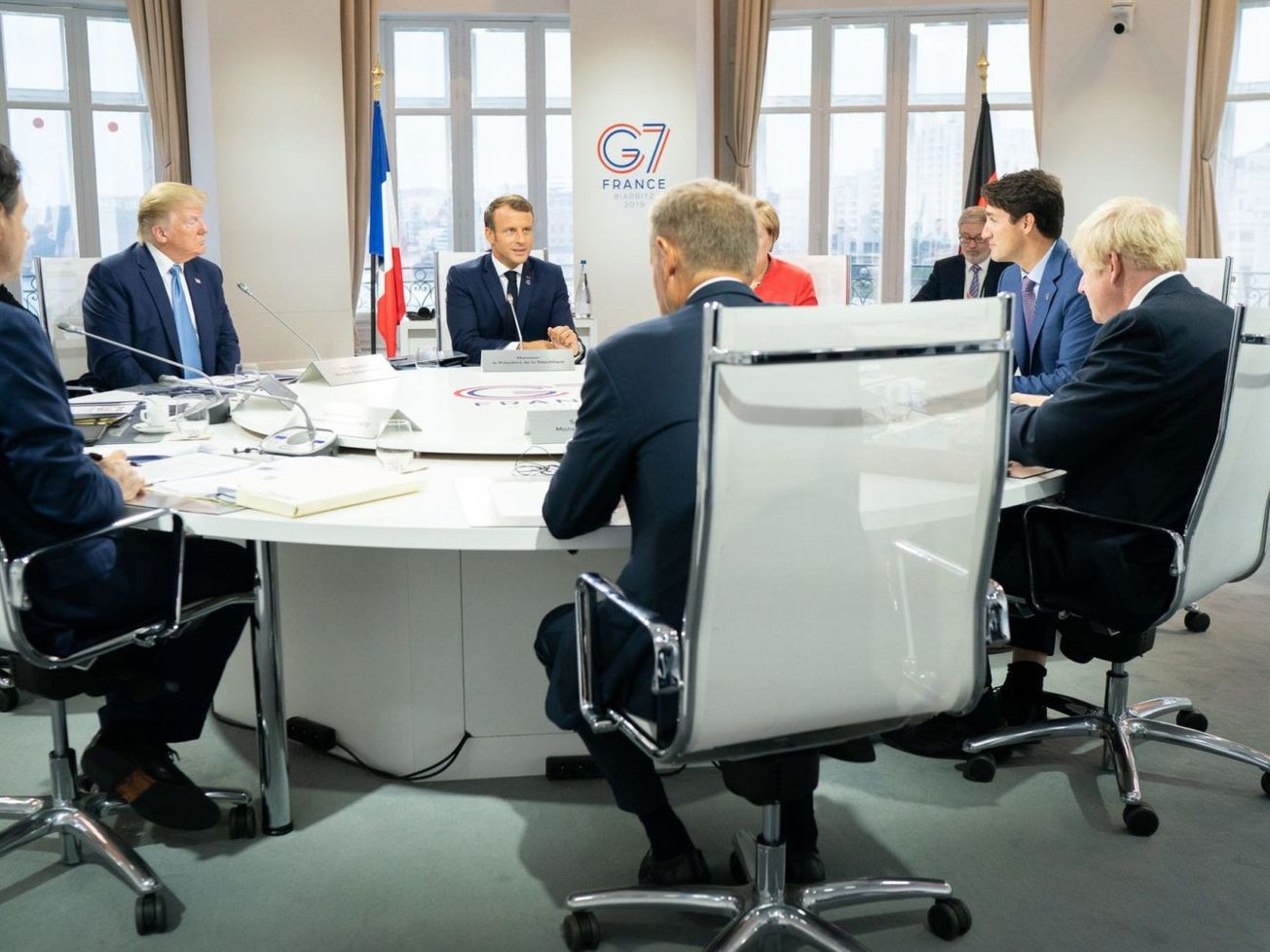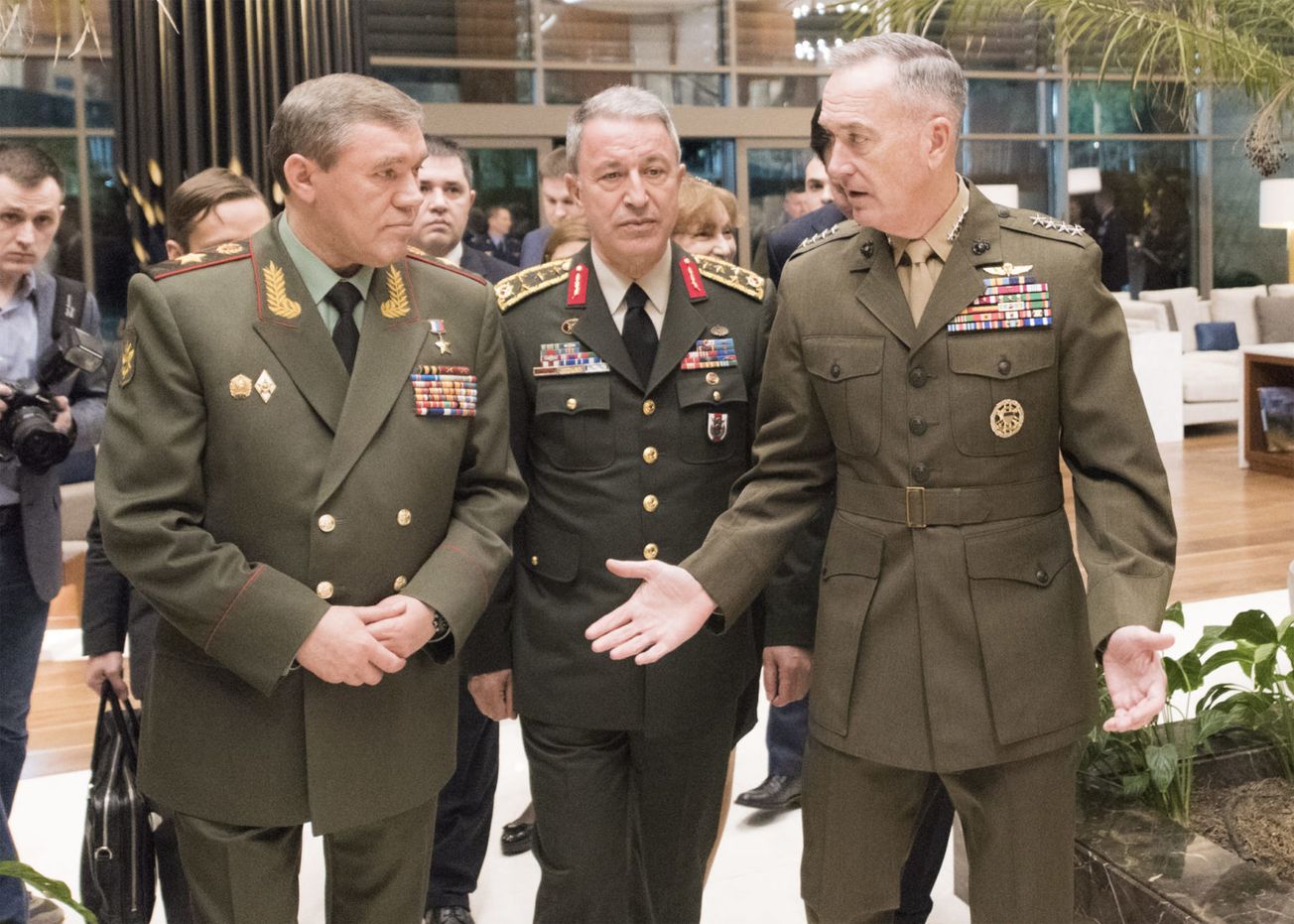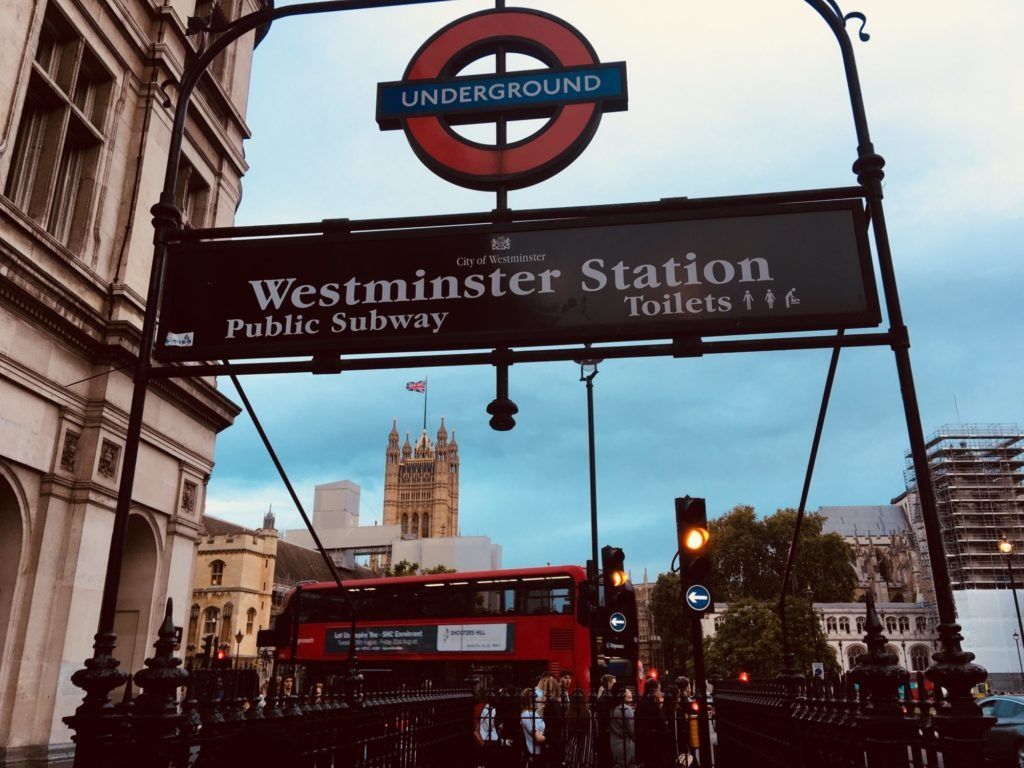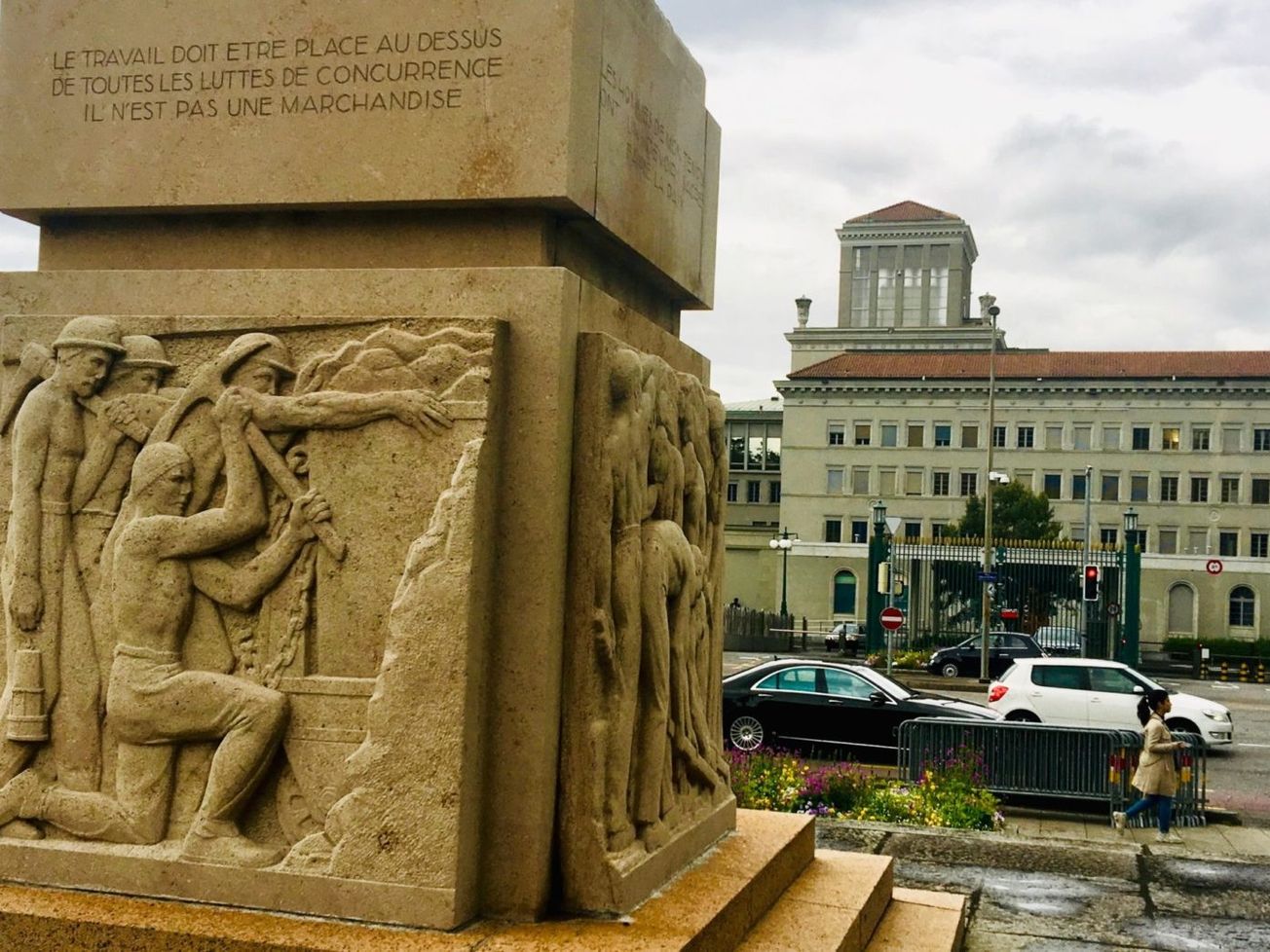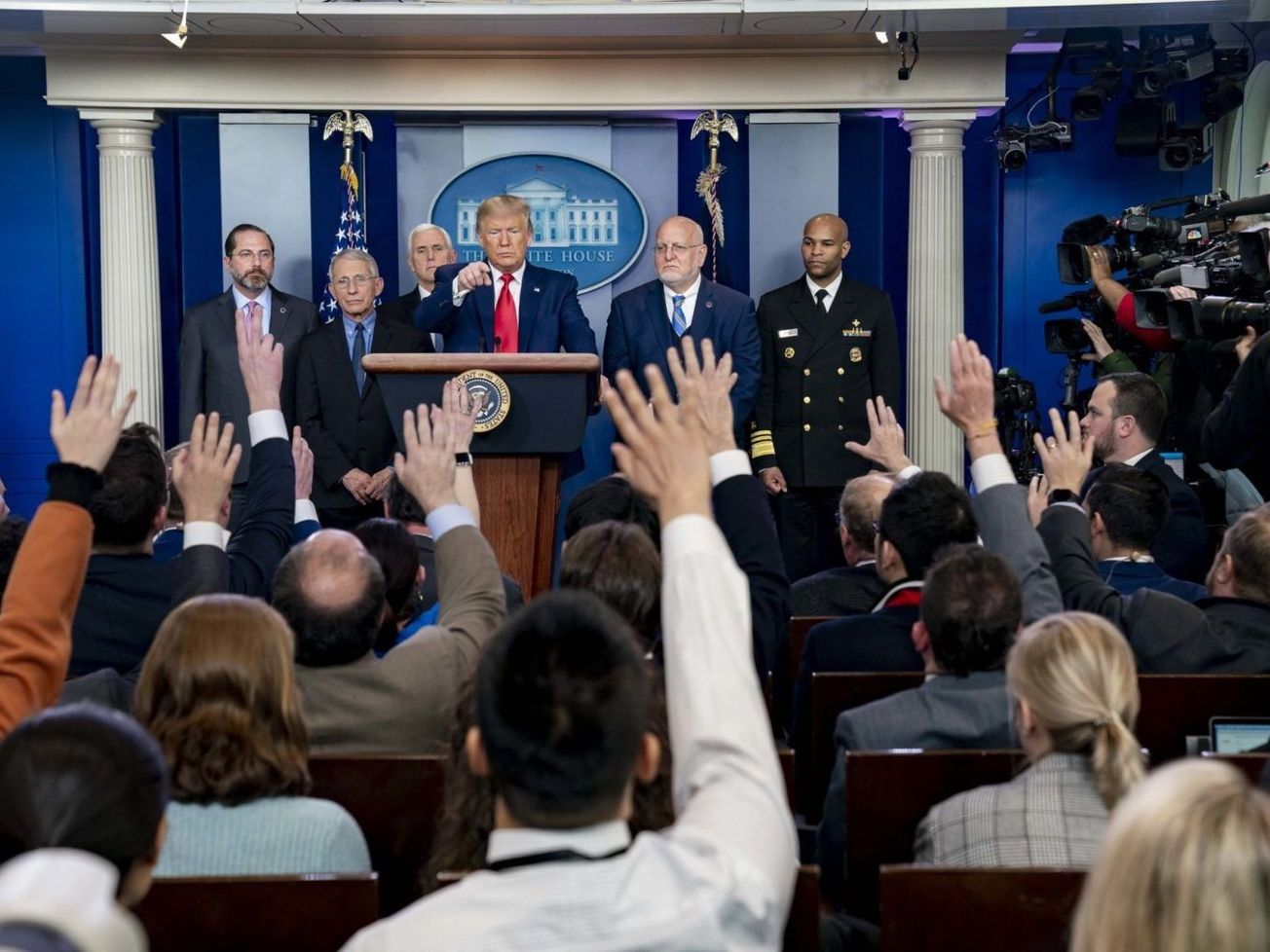
Democracy on decline in health checkup
Freedom House warned of a continued decline in global democracy in an annual checkup blaming a "leaderless struggle" undercut by autocrats and populists.
The world's multilateral efforts to solve global challenges are based on a post-World War II political and economic order that is struggling to navigate the 21st century's multipolarity and rise of authoritarianism: the U.S.-China rivalry, Russia's war in Ukraine, Israel and Hamas, the West's conflicts with North Korea and Iran, the crisis in Afghanistan, coups in Africa, and unrest in the Americas over deep-rooted injustices, biases and inequalities.

Already have an account? Log in
Freedom House warned of a continued decline in global democracy in an annual checkup blaming a "leaderless struggle" undercut by autocrats and populists.
The U.N.'s counterterrorism chief launched a new project taking on the threat posed by terror groups, organized crime and trafficking in illicit small arms.
Fears of a divided West challenged by China are a challenge and opportunity for multilateralism to show its worth, a three-day summit in Munich concluded.
A.U. leaders pledged to devote more resources to mediating an end to regional violence from a surge in civil wars and conflicts among warring groups.
The U.N. chief warned “a wind of madness is sweeping the globe” from a dangerous surge of instability and unpredictable geopolitical "hair-trigger" tensions.
Winston Churchill famously called for a "United States of Europe" in 1946, inspiring future generations to create the economic alliance that led to the E.U.
Renewed fighting ended a fragile cease-fire in Libya as U.N. officials urged warring parties to investigate airstrikes that killed at least 53 people last July.
Most nations had little to no improvement last year in fighting corruption that was "more pervasive" whenever big money influenced elections or governments.
U.S. President Donald Trump and 17-year-old Swedish activist Greta Thunberg seemed to be talking about two entirely different planets at WEF in Davos.
Britain and France recommitted to the Iran nuclear deal despite the U.S. undermining it and Europeans triggering a process that may reimpose sanctions.
The U.N. Security Council renewed a humanitarian operation in Syria but gave in to Russia's demand that it reduce cross-border aid to two Turkish crossings.
Iran retaliated against the U.S., illustrating the U.N. chief's concerns that geopolitical tensions are at their highest level.
The E.U.'s top Brexit negotiator said it will rely on other international organizations to "continue to engage positively" once the U.K. exits in 2020.
The global commerce system suffered a serious blow when WTO's appellate body was brought to a halt by U.S. opposition to refilling judges on its bench.
U.S. President Donald Trump sowed division with American partners before departing a NATO summit and leaving it to other leaders to put on a united front.
G-20 foreign ministers agreed WTO reforms are urgently needed to boost its relevance amid an escalating U.S.-China trade war.

